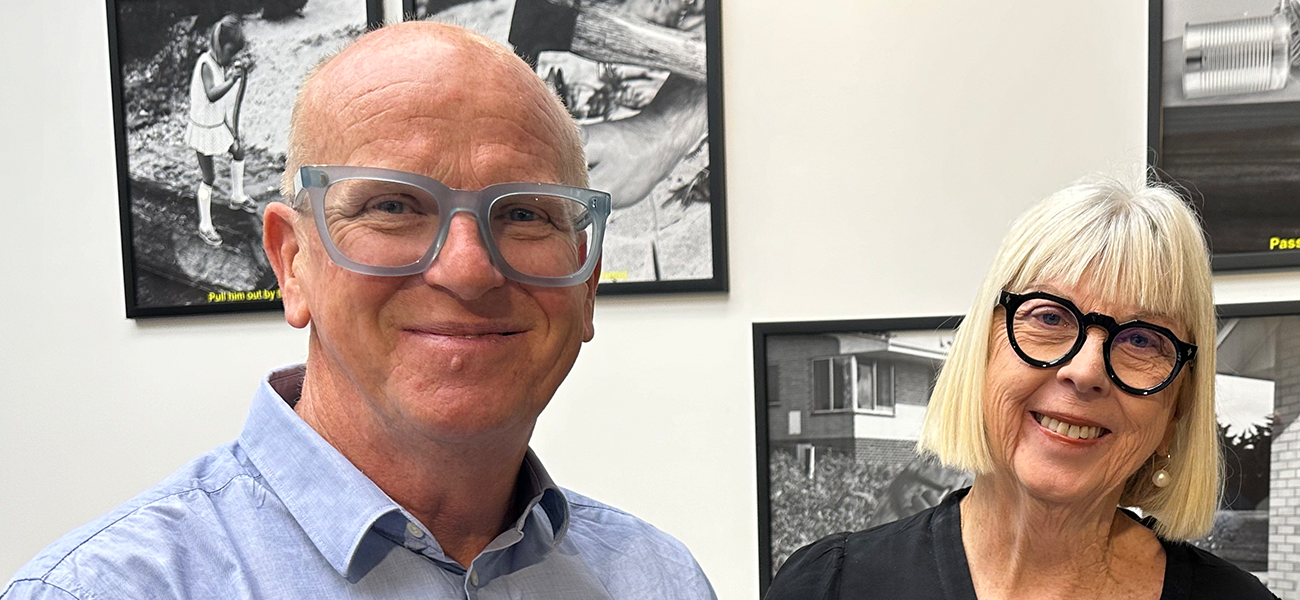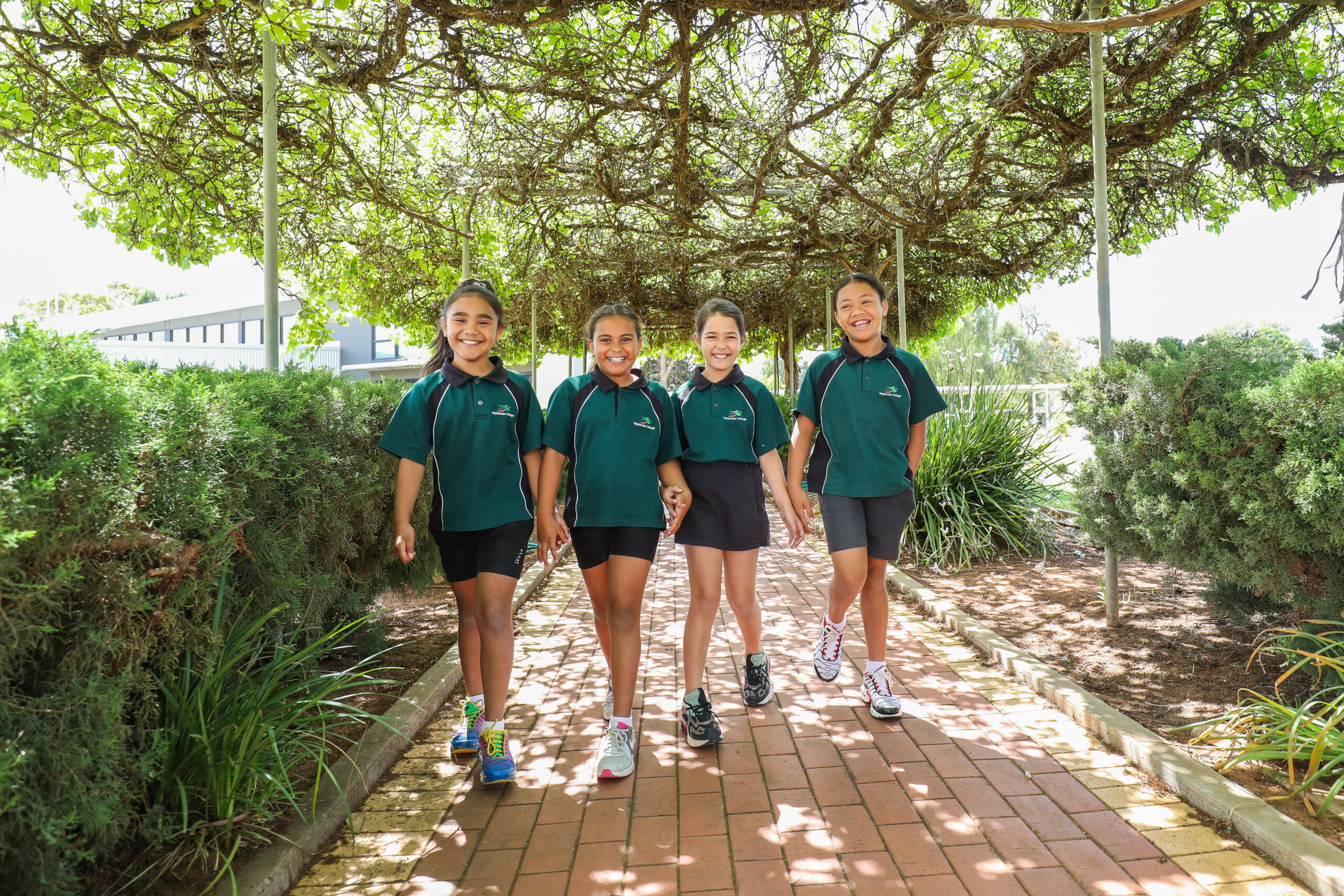The AYAC report: ‘Beyond Learn or Earn’ shows that Learn or Earn is failing to properly support many young people to transition into work or further study. The report is based on in-depth interviews with 27 highly disadvantaged early school leavers, along with a wider survey of 159 youth workers from across Australia.
Download the full report here [PDF]
Current government policy strongly advocates that young people finish Year 12, then move from school to further training and/or to paid employment. To combat high youth unemployment and poor outcomes for those with lower levels of education, the Australian Government introduced the Learn or Earn program.
Under Learn or Earn, young people who have not finished Year 12 must be in education or training to receive income support payments.
This study highlights the human impact and common experience of the Learn or Earn initiative and lets young people themselves tell their own experience of Learn or Earn.
AYAC’s vision is for Australia in which young people are informed, empowered, encouraged and supported to participate in all decisions about issues that affect them.
Why young people disengage
The reasons young people disengage are varied and complex and show why engaging in education may be difficult or not the highest priority for young people not attending school at a particular time.
In this study, the young people who struggled the most to engage in learning or earning were facing the most serious and significant barriers to engagement – often leaving both home and school to escape violence, leaving school as a result of bullying and harassment from other students, mental ill-health and social problems, chronically low self-confidence and a lack of family support.
Systemic issues within the conventional education system – a perception of schools as authoritarian systems, a lack of support when it comes to helping young people with their wellbeing and self esteem, a lack of support for their own learning needs, an unqualified bias towards academic success, and a lack of focus on the creative or vocational subjects that build the skills many young people really want and need – also act as barriers to engagement with learning.
Beyond Learn or Earn
The Learn or Earn initiative – to engage young people in education or employment – is a positive goal but cannot work without a recognition that unmet individual needs act as barriers to young people’s engagement in learning and employment.
The Learn or Earn approach will fail for those who are most disadvantaged unless it can address the complex needs and circumstances of this vulnerable group of young people.
This report finds the Learn or Earn policy approach too limiting. School retention is one approach to raising young people’s educational and workforce attainment, but not the only one. Learn or Earn unfairly shifts the onus of achieving this onto the individual young person by reducing their financial support rather providing adequate and sustained assistance.
This report shows that policy makers need to rethink what counts as a ‘positive outcome’ for the lowest achievers and the most disadvantaged. The best outcome for those most at risk of disengagement needs to be expanded beyond work and learning to focus on young people’s broader personal and social wellbeing.
What young people need
What young people need is support, not coercion. They need highly targeted solutions.
Accessible, alternative schooling models and flexible, person-centred approach may be the only approaches that really work for the most disadvantaged early school leavers who are excluded from conventional education. These young people learn best through non-threatening, supportive, flexible, “hands on” approaches to learning.
All government programs – especially Centrelink and Job Services Australia – must be genuinely youth-friendly and ensure they are focused on the specific needs of highly disadvantaged job seekers.
Finally, an integrated and well-funded youth service system that offers young people intensive, tailored, flexible and long-term provision of support via a caring, relationship-based approach is critical to address the complex and unique barriers to engagement that marginalised young people face.
Report Recommendations
What young people need is support, not coercion. They need highly targeted solutions.
Learn or Earn
Support the Gonski Review
Governments should refocus attention and funding to disadvantaged students who need it most.
Redefine successful outcomes
Policy makers should expand the Learn or Earn agenda beyond work and learning to focus on young people’s broader wellbeing, and offer alternative routes that do not necessarily include completion of Year 12 for the most disengaged young people.
Involve young people
Governments should consult directly with young people as primary consumers of education and key stakeholders to discuss the issues they face in the development and implementation of policies and programs designed to help them finish Year 12 or find work.
Education
Address reasons young people leave school
Policies that aim to encourage education and workforce participation should focus on the often significant personal and systemic causes of early school leaving.
Encourage non-linear pathways
Detours to educational attainment should be supported as necessary and inevitable for some young people.
Increase funding to alternative and flexible learning options
Non-threatening, supportive, flexible, “hands on” approaches to learning are the most effective in helping vulnerable young people to remain engaged in their learning. Governments should create a national system of second-chance opportunities for early school leavers to complete their schooling in ways that suit them best.
A whole-of-school approach
Conventional schooling should offer academic and wellbeing support within schools by up-skilling school teachers and also providing additional wellbeing support workers for the most disadvantaged students.
A varied and flexible curriculum
The conventional school system should provide a greater emphasis on applied skills, practical learning, employability and life skills in secondary education curricula.
Government support
Improve income support
Young people on low incomes are entitled to income support payments that reflect real living costs so that they can afford life’s essentials – like food, rent, health, education, transport and clothing.
Ensure that all government programs are genuinely youth-friendly
JSA providers and Centrelink services should be considerate of the specific needs of highly disadvantaged young job-seekers and improve online and offline access to appropriately trained JSA & Centrelink staff.
Strengthen the capacity of Centrelink and JSA staff
The Australian Government should ensure that Centrelink customer service officers and JSA staff working directly with the most disengaged school leavers have the training, interest, interpersonal skills and expertise in working with vulnerable young people. This includes Centrelink outreach staff to build connection and rapport with young people in local youth services.
Relevant training and work experience
The Australian Government should ensure JSA providers offer young people assistance to find meaningful work or access training that they are genuinely interested in. JSA providers should be rewarded when they help young people gain positive social or non-vocational outcomes.
Increased collaboration
JSA providers and Centrelink should work collaboratively with other specialised youth service providers or youth programs when it becomes evident that a young person’s needs are not being adequately met by programs available within their organisation.
Youth services
FUND Youth Workers
Governments should draw on successful flexible, community-based models of support that place young people’s needs at the centre to support disadvantaged young people.
A coherent, integrated youth service system
All programs that directly work with unemployed early school leavers should be prioritised and properly funded. They must offer intensive, tailored, flexible and longterm provision that addresses the complex and specific barriers to engagement via a caring relationship-based approach.
Evaluation of local programs
Further investment into evaluation of aspects of non-government programs that provide positive outcomes for young people who are disadvantaged is needed, and the feasibility of incorporation into other programs and mainstream school systems.
Download the full report here [PDF]
About the Australian Youth Affairs Coalition (AYAC) – AYAC is Australia’s non-government youth affairs peak body, which seeks to represent young people aged 12-25 and the sector that supports them. Visit their website www.ayac.org.au



